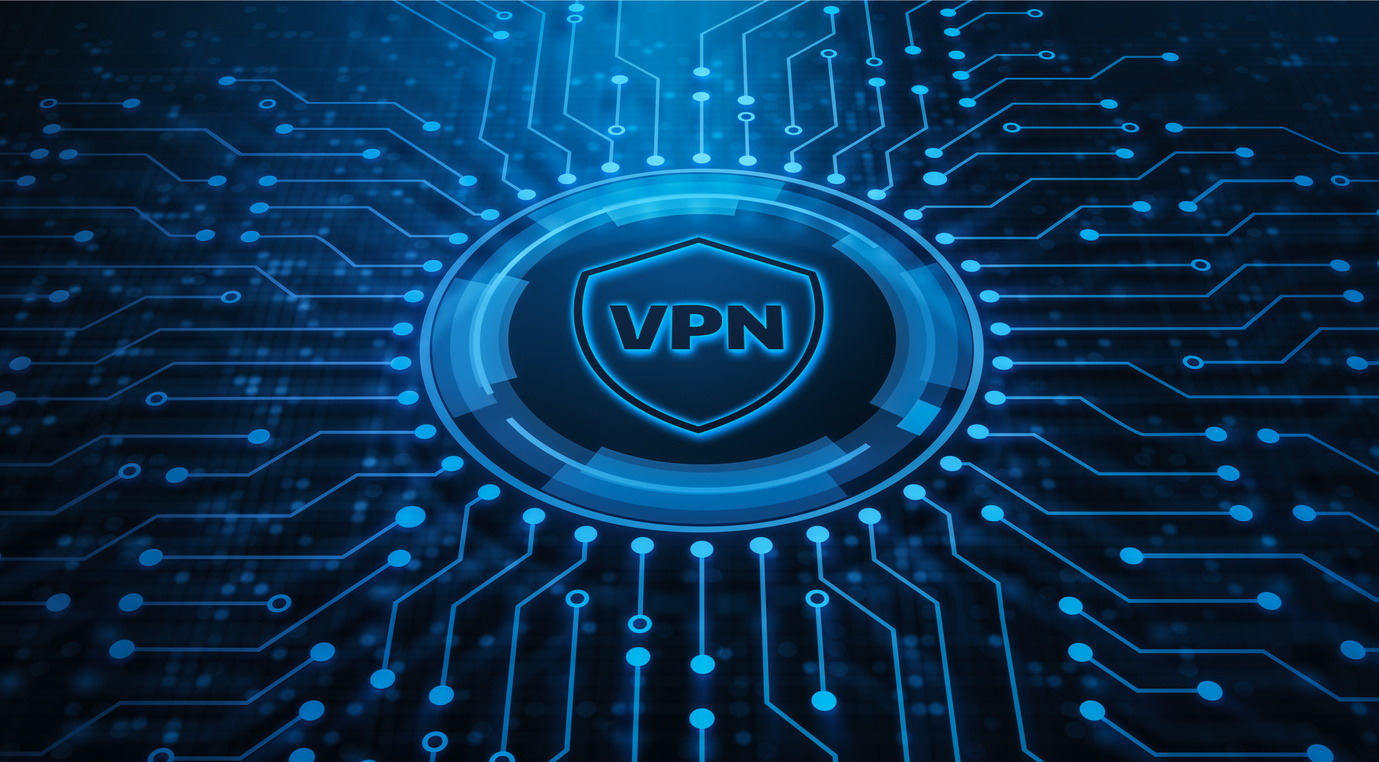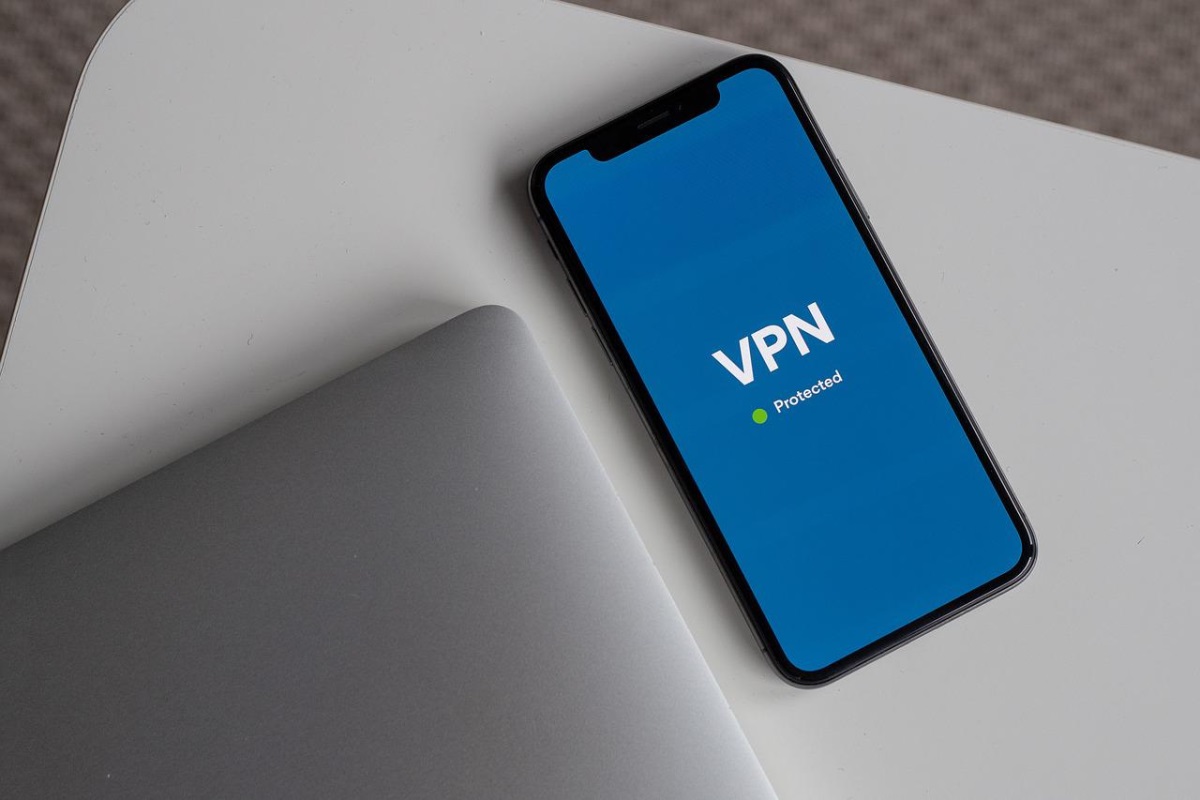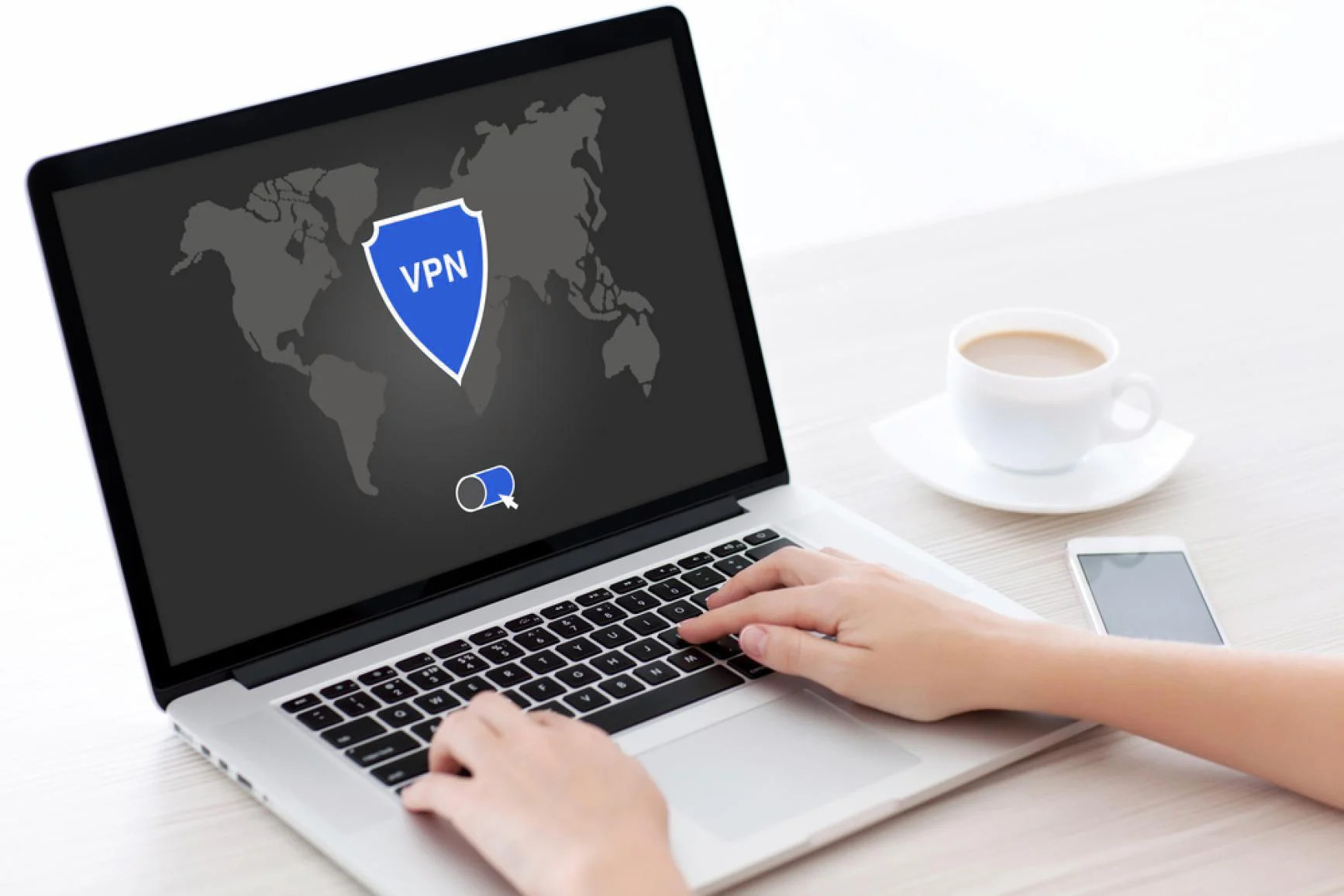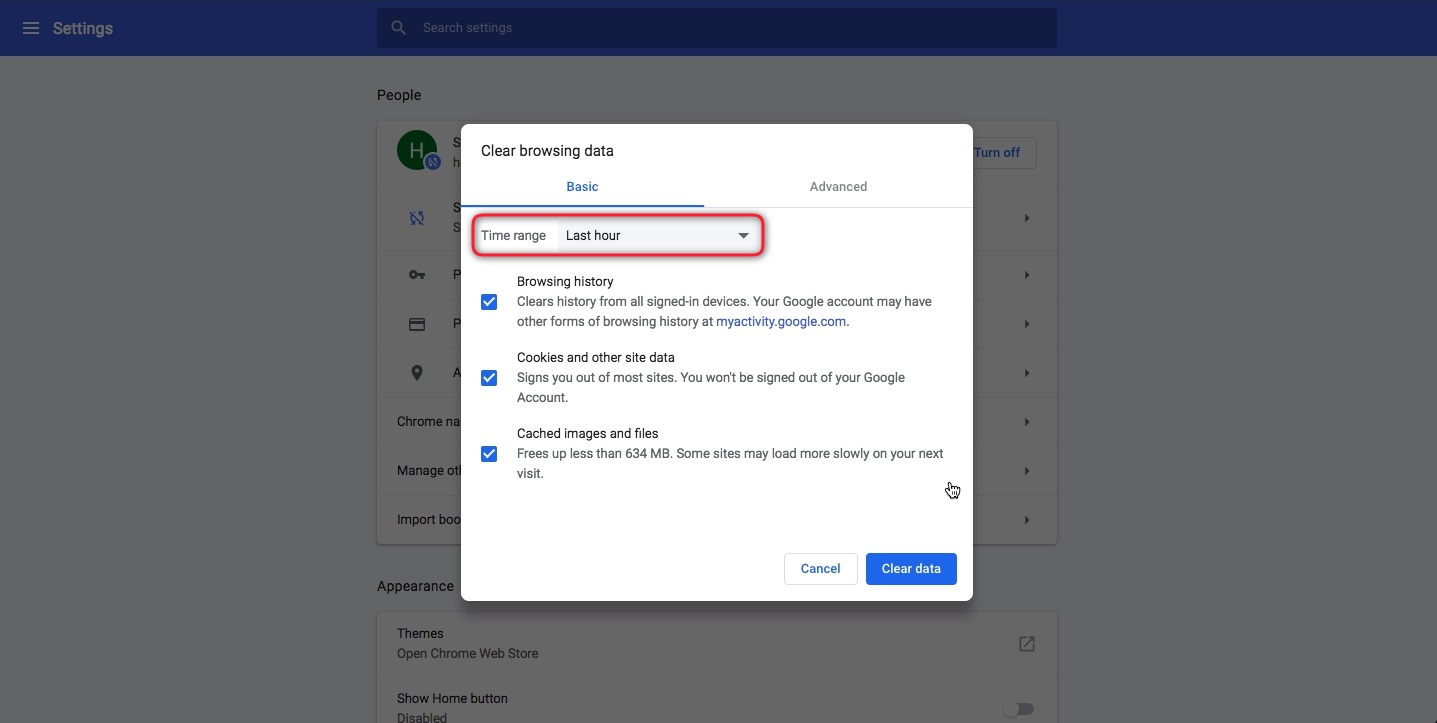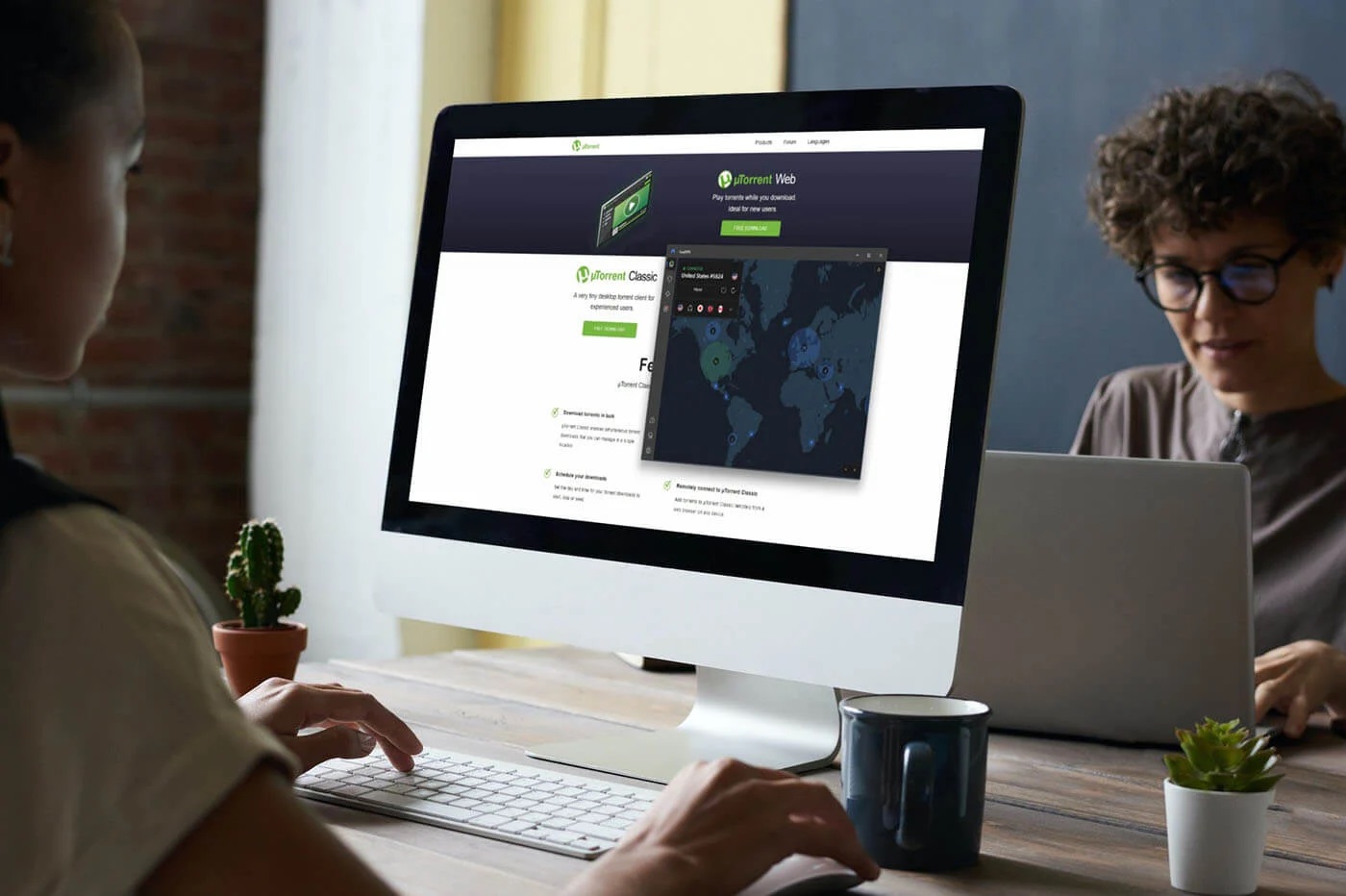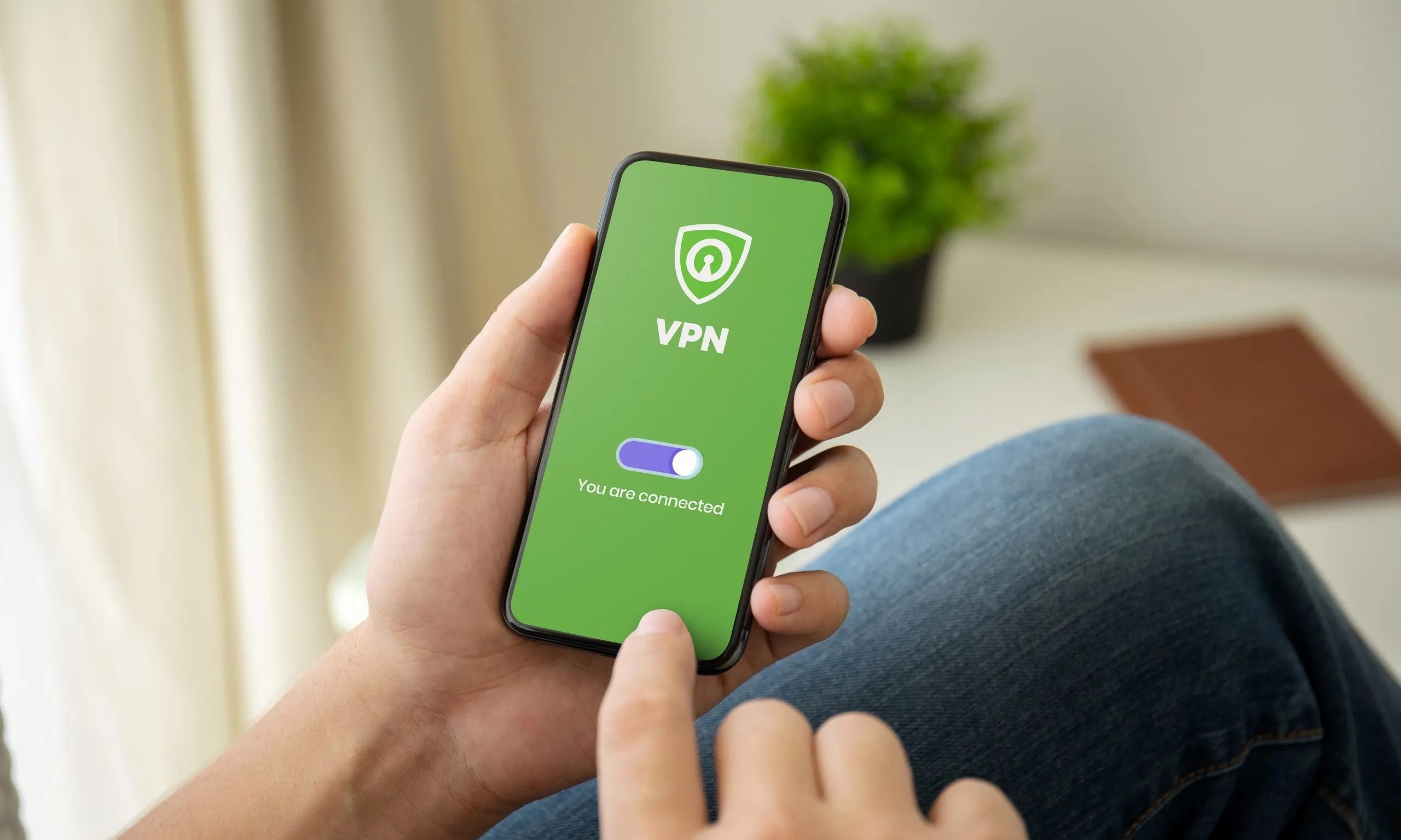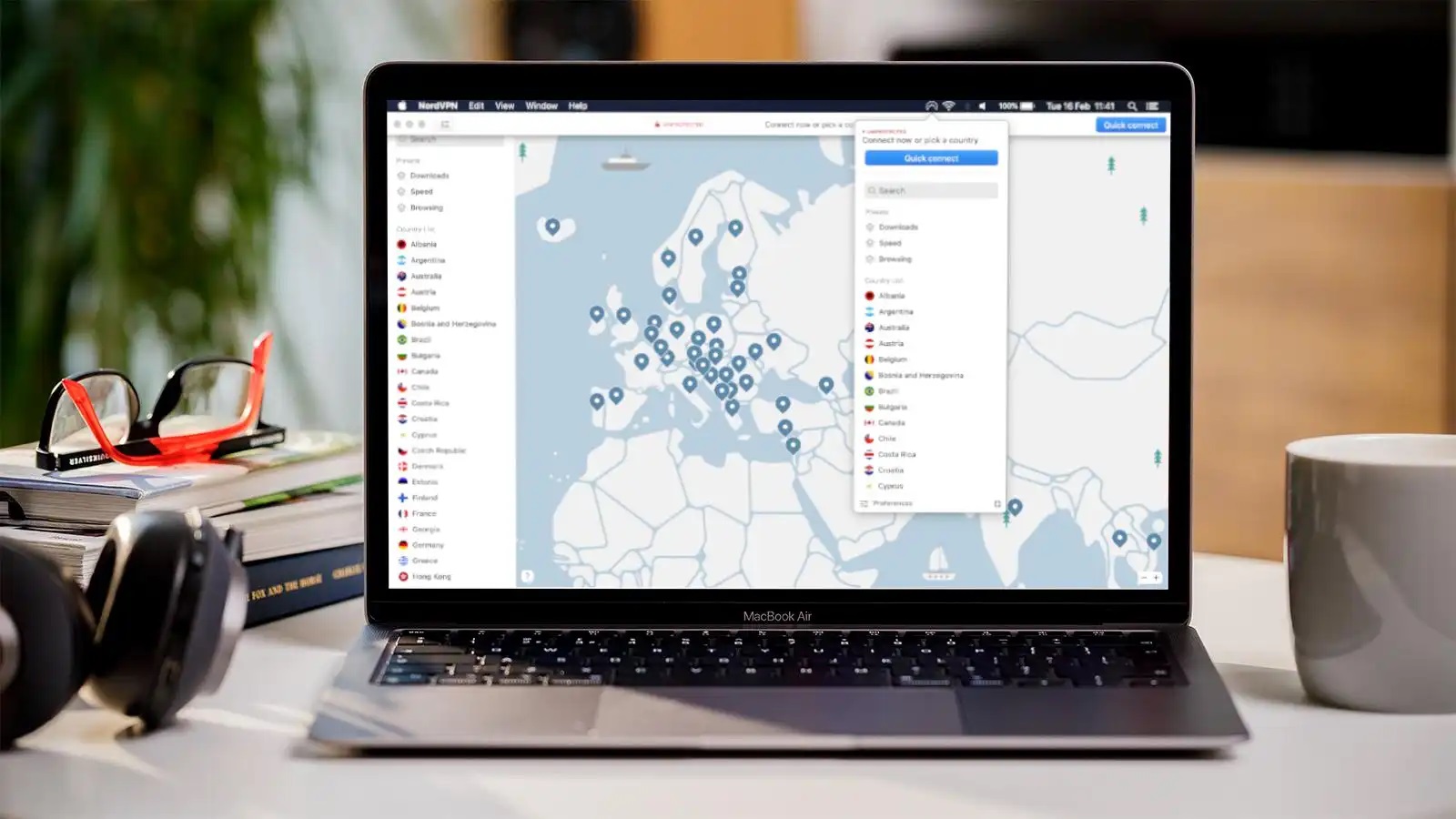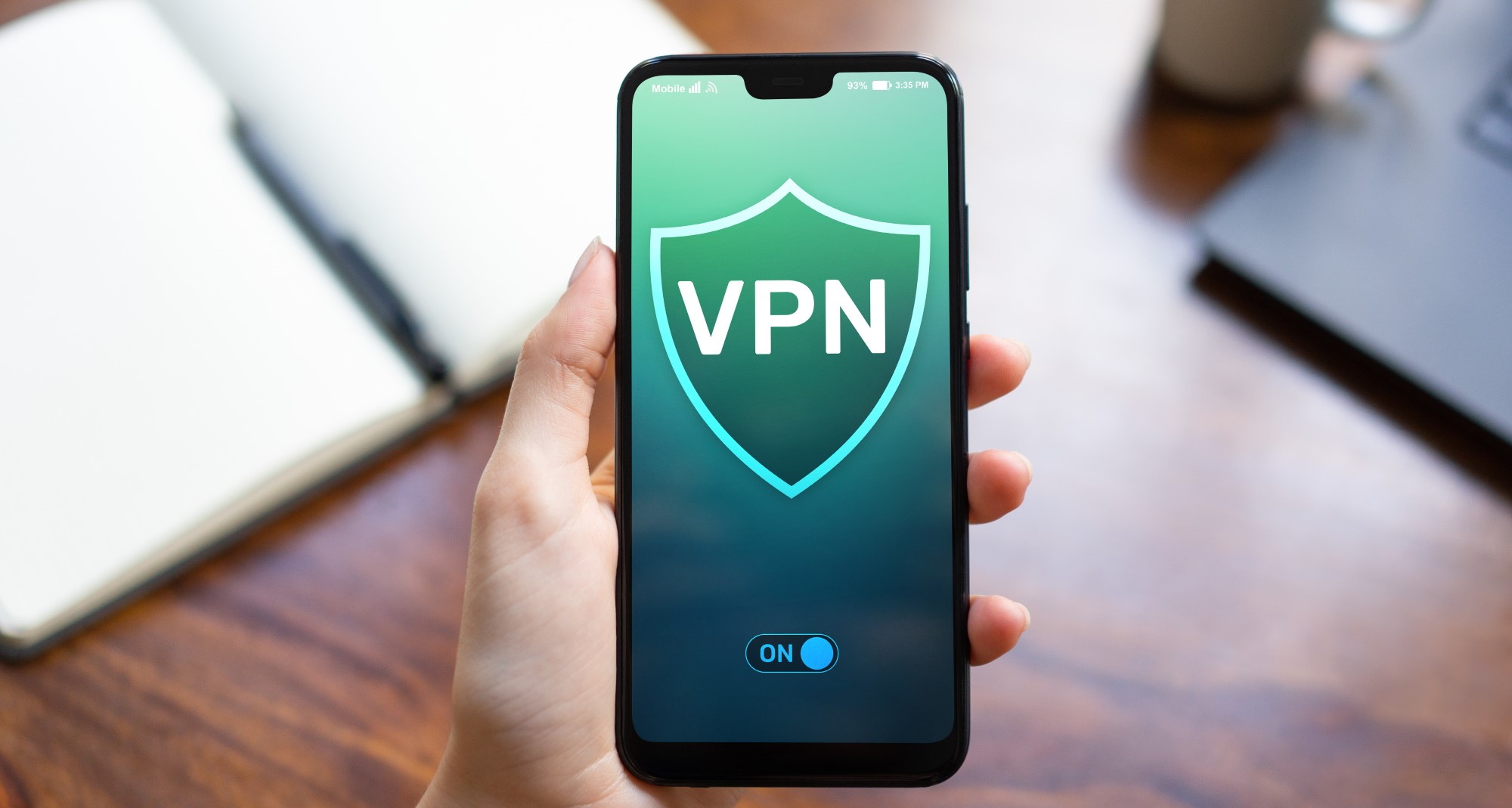Home>Software and Apps>How To Tell If An IP Address Is A VPN


Software and Apps
How To Tell If An IP Address Is A VPN
Modified: September 5, 2024
Learn how to determine if an IP address is associated with a VPN using software and apps. Protect your online privacy and security.
(Many of the links in this article redirect to a specific reviewed product. Your purchase of these products through affiliate links helps to generate commission for Techsplurge.com, at no extra cost. Learn more)
Table of Contents
What is a VPN?
A VPN, or Virtual Private Network, creates a secure, encrypted connection between a user's device and a VPN server. This connection masks the user's IP address, making it appear as if they are accessing the internet from a different location. VPNs are commonly used for both personal and corporate purposes, offering enhanced security and privacy by encrypting internet traffic and hiding the user's real IP address.
Read more: How To Hide My IP Address Without VPN
Why Detect VPNs?
Detecting VPNs is important for several reasons:
-
Security and Fraud Prevention
- VPNs can be used by cybercriminals to engage in fraudulent activities such as credit card chargebacks, creating fake accounts, and generating click fraud. By detecting VPNs, businesses can reduce the risk of these types of scams.
-
Privacy Concerns
- While VPNs are primarily used for legitimate purposes like protecting privacy and bypassing geo-restrictions, some users may employ them for malicious activities. Detecting VPNs helps in identifying potential privacy risks and ensuring that users are not hiding behind a VPN for nefarious activities.
-
Legal Compliance
- In some jurisdictions, using a VPN to mask one's IP address may be against the law. Detecting VPNs can help authorities enforce legal compliance and monitor online activities.
Methods of Detecting VPNs
There are several methods to detect whether an IP address is being used by a VPN. These methods range from simple to complex and often involve a combination of techniques to achieve accurate results.
Database Validation
- One of the most common methods involves checking the IP address against databases that store information about known VPN and proxy servers. Services like MaxMind, Udger, and IPinfo maintain extensive databases that are regularly updated to include new VPN servers and nodes.
- This method is effective for public VPNs but may not detect private self-hosted or corporate VPNs.
Timezone Mismatch
- Comparing the actual browser timezone with the target server's exit node can indicate VPN usage. If the timezone does not match the expected location, it could suggest that the user is using a VPN to mask their true location.
OS Mismatch
- Analyzing the operating system (OS) of the device can also help detect VPN usage. Some VPNs may alter the OS fingerprint to avoid detection, but this method can still provide valuable insights.
TCP/IP Fingerprinting
- This method involves analyzing the TCP/IP packets to identify patterns that are characteristic of VPN traffic. Advanced VPNs may use techniques to evade this detection, but it remains a useful tool in the arsenal of VPN detection.
Behavioral Analysis
- Monitoring the behavior of the IP address, such as frequent changes in location or unusual traffic patterns, can indicate VPN usage. For instance, if an IP address is accessing websites from far-flung places, it may suggest that the user is using a VPN to bypass geo-restrictions.
Blacklisting Known VPN IP Addresses
- Website operators can use blacklists of known VPN IP addresses to block VPN traffic. However, this method is not foolproof as new VPN servers are constantly being added, and some VPNs use dynamic IP addresses that change frequently.
Read more: How To Bypass IP Ban Without VPN
Using APIs
- Utilizing APIs like AbstractAPI’s geolocation tool can provide detailed information about the user, including whether they are using a VPN. These APIs often include parameters that indicate if the user is connected to a known VPN.
Practical Applications of VPN Detection
VPN detection has numerous practical applications across various industries:
Businesses
- Businesses use VPN detection to prevent fraudulent activities and protect their online assets. By identifying VPN traffic, companies can block suspicious connections and reduce the risk of financial losses.
Website Operators
- Website operators use VPN detection to manage access to their sites. By blocking VPN traffic, they can prevent users from bypassing geo-restrictions and accessing content that is not intended for their region.
Read more: How To Tell If Chromecast Is 4K
Law Enforcement
- Law enforcement agencies use VPN detection to monitor online activities and enforce legal compliance. By identifying VPN users, they can track down individuals who are using VPNs for illicit purposes.
Security Services
- Security services employ VPN detection to enhance their security measures. By analyzing traffic patterns and identifying VPN connections, they can better protect their networks from cyber threats.
Challenges in VPN Detection
While VPN detection is crucial, it comes with several challenges:
Evasion Techniques
- Advanced VPNs employ evasion techniques to avoid detection. These techniques include altering OS fingerprints, using dynamic IP addresses, and implementing sophisticated encryption methods.
Read more: The Power of a Dedicated IP VPN
Database Updates
- The databases used for VPN detection need to be regularly updated to include new VPN servers and nodes. If these databases are outdated, they may fail to detect newer VPN services.
Privacy Concerns
- The practice of checking IP addresses against databases raises privacy concerns. Users may only be comfortable having their IP addresses queried against databases with explicit consent.
False Positives and Negatives
- VPN detection methods can produce false positives and negatives. Combining multiple detection methods remains the most reliable approach to determine VPN usage accurately.
Understanding the various methods and tools available can help individuals and organizations effectively identify VPN connections and manage their online security and privacy. While there are challenges associated with VPN detection, the benefits of enhanced security and fraud prevention make it an essential tool in today's digital landscape.


